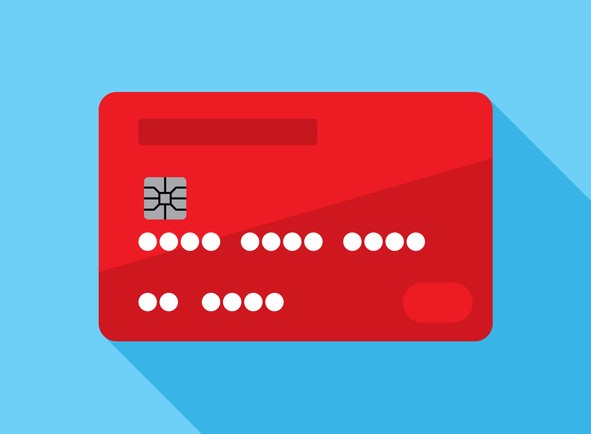What are your options when an IVA fails?
What happens if an IVA fails? Julie Hunter, an associate solicitor specialising in commercial litigation at Stephensons, explains what your options are when an IVA fails.

What is an IVA?
An individual voluntary arrangement (IVA) is an agreement made between an individual debtor and his unsecured creditors for the repayment of his debts over a period of time.
The agreement is binding and set into a formal arrangement, or scheme, detailing the terms and conditions as to how the debts are to be paid and is monitored and controlled by an Insolvency Practitioner who acts as ‘supervisor’.
The terms of an IVA will set out what payments the debtor is to make into the scheme and over what period. The terms also provide when the IVA will come to an end, which will be when the debtor has completed all the payments to be made or if the debtor fails to comply with the terms.
What happens when an IVA fails?
Generally, an IVA will fail on the death or bankruptcy of the debtor or if the debtor is in breach of the repayment terms, by failing to make payments required on time, or at all.
The terms of the arrangement will provide what happens if the debtor defaults on the payment terms. Most likely the supervisor will be required to present a bankruptcy petition against the debtor. However, there are other options for both creditors and the debtor.
What can you do if an IVA fails?
Bankruptcy
The supervisor of the IVA is normally required by the terms of the arrangement to present a bankruptcy petition against the debtor. This may be a discretionary power only, and the terms of the IVA will specify the supervisor’s duties and powers in this regard. If such a petition is presented the debtor will have no grounds on which to oppose the making of a bankruptcy order, although other options will be available to them to prevent this.
Modification of IVA
Where the debtor has defaulted on the terms of an IVA, they do have the option of presenting a modified proposal to his creditors. This may arise where the debtor’s financial circumstances have changed, perhaps due to redundancy or a reduction in income. To avoid the otherwise likelihood of bankruptcy, creditors can be presented with a modified, or amended, arrangement and if this is more advantageous to creditors than bankruptcy, they may accept the modified arrangement.
Pay off the debts
As with any bankruptcy proceedings, a debtor will retain the option of avoiding bankruptcy by making a payment in full of his debts. The debtor would be required to pay all the debts due to creditors, as well as all the outstanding costs and expenses of the supervisor. Once paid in full and all debts are cleared, the supervisor will issue a Certificate of Completion of the IVA.
Other options
The other options normally available to a debtor, such as a debt relief order (only if the total debts are £20,000 or less) or a debt management plan, are unlikely to apply in the case of a failed IVA. These are less formal arrangements than an IVA and so creditors are unlikely to consent to such measures in cases where a debtor has already defaulted on his obligations under a formal IVA.
About the author
Julie Hunter is an associate solicitor specialising in commercial litigation at Stephensons.
See also
What is an IVA and is it right for you?
What debts are included in an individual voluntary arrangements (IVA)?
Can you cancel an individual voluntary arrangement (IVA)?
What restrictions are there during bankruptcy?
Image
Getty Images
Publication date
15 February 2021
Any opinion expressed in this article is that of the author and the author alone, and does not necessarily represent that of The Gazette.
